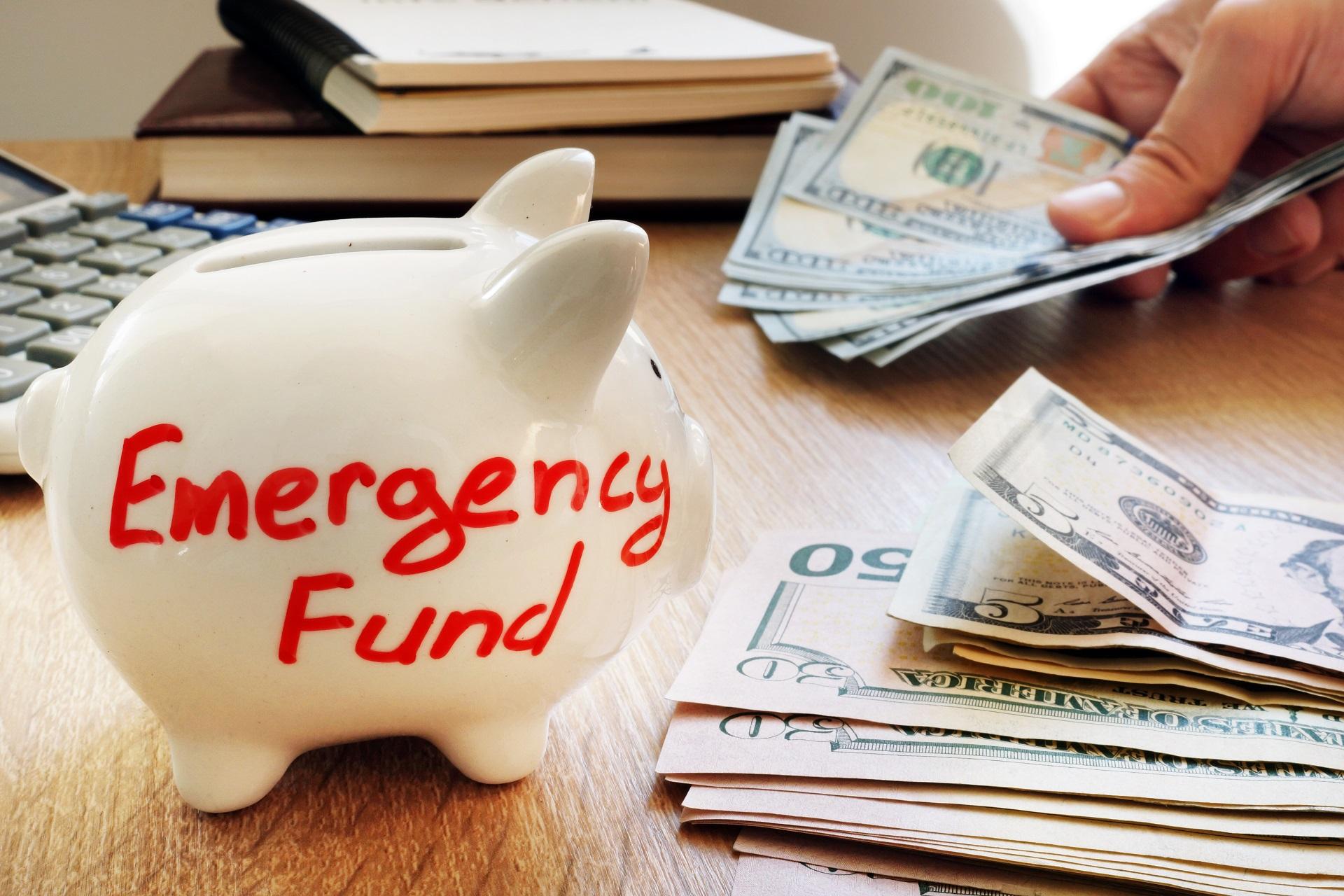
You should first determine your affordability. A mortgage payment can be a large chunk of your income, so you should consider other factors as well. A mortgage payment is typically based on several factors, including your debt to income-ratio and other debts. You should use a mortgage calculator to help you understand the impact of these factors on your overall affordability. In addition to analyzing these factors, you should also have an emergency fund for emergencies.
Calculating mortgage payments based on other debts
The first step in calculating your mortgage payment is to gather all of your financial statements. This will include monthly statements for all of your revolving and installment debts. Next, add up the amount of each monthly installment payment, mortgage expenses, and any other recurring monthly payments, and divide that total by your pre-tax income. The final percentage should be slightly higher for an FHA loan, though.
To calculate your maximum monthly mortgage payment, you need to subtract all of your other debts from your salary. Divide your salary by 0.36 percent to figure out how much you can afford. Then, use a mortgage calculator to see how much your monthly mortgage payment will be. You’ll get a better idea of how much house you can afford by using a mortgage calculator. The calculator will also let you see how much you can afford.
Using a mortgage calculator to avoid surprises
Using a mortgage calculator to avoid surprises can help you understand your repayment costs, including interest rates and origination and lender fees. While different lenders may itemize certain costs, you want to focus on the overall sum when comparing lenders. To get a good idea of your total mortgage costs, input the following figures: house price, interest rate, and monthly property taxes. Mortgage insurance is also included in your monthly payment. If you’re thinking about moving soon, it might be helpful to use a mortgage calculator to estimate these costs.
There are a number of other costs associated with owning a home. Some borrowers are required to prepay interest on their loan between closings and make initial deposits into an escrow account to cover property taxes and homeowners’ insurance. A mortgage calculator can help you calculate these costs and avoid surprises as you work through the homebuying process. You can also use the calculator throughout your home buying process to see how much your payment might be.
Having an emergency fund for mortgage payments
It is important to have an emergency fund. Depending on the lender, this fund may be sufficient to pay your mortgage for several months. An emergency fund for mortgage payments is usually between three and six months’ worth of living expenses. Saving up this amount is difficult, especially when you also need to save for a down payment and closing costs. However, it is necessary for the lender to know that you are able to pay your mortgage if an unexpected problem arises.
To create a proper emergency fund for mortgage payments, you need to determine how much you spend on essential expenses each month. Add up all of your expenses, and then subtract anything you spend on extras. Your emergency fund should be at least three to six months’ worth of expenses. Then, make small contributions and gradually build your emergency fund until it covers three to six months’ worth of expenses. You may be able to save more or less, but it is still best to have some money saved for the unexpected.
Having less debt before applying for a mortgage
It may seem counter-intuitive, but it’s better to have less debt than more debt before applying for a mortgage. Although you don’t necessarily need to eliminate all your credit card debt before applying for a mortgage, having less debt can lower your interest rates and improve your credit score. Lenders are often more likely to approve mortgage applications for people with less debt, but having less debt before applying for a mortgage is a good practice no matter what you owe.
It’s also possible to qualify for a mortgage even if you have a significant amount of credit card debt. Lenders look at your debt-to-income ratio to determine whether or not you can afford a mortgage. While a debt-to-income ratio of 40% is not the highest a mortgage applicant can achieve, having less debt than your monthly income can increase your chances of getting approved.






